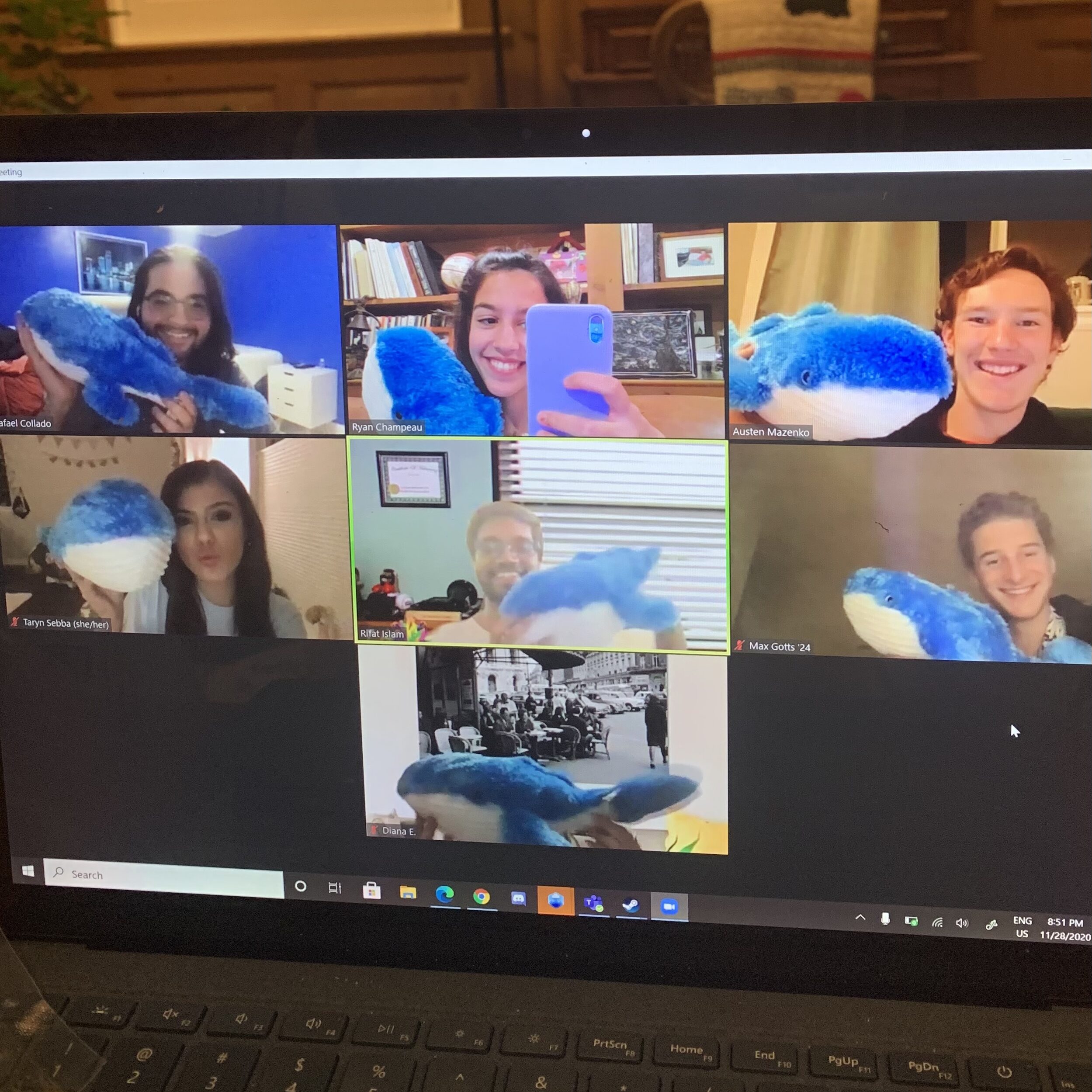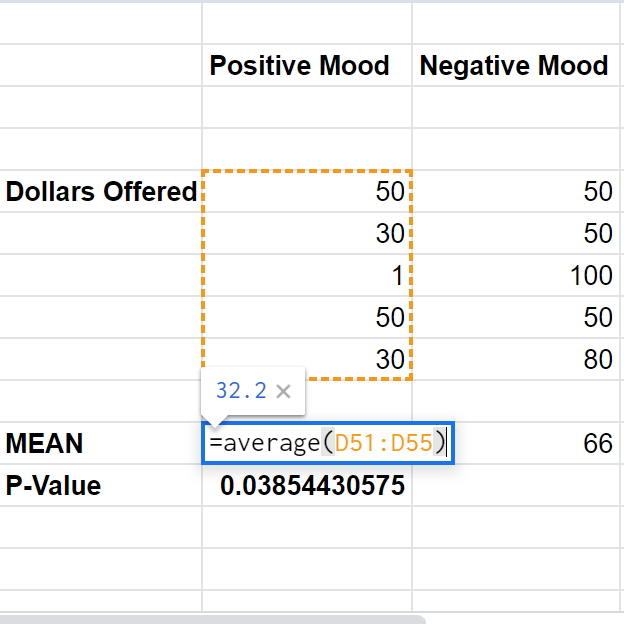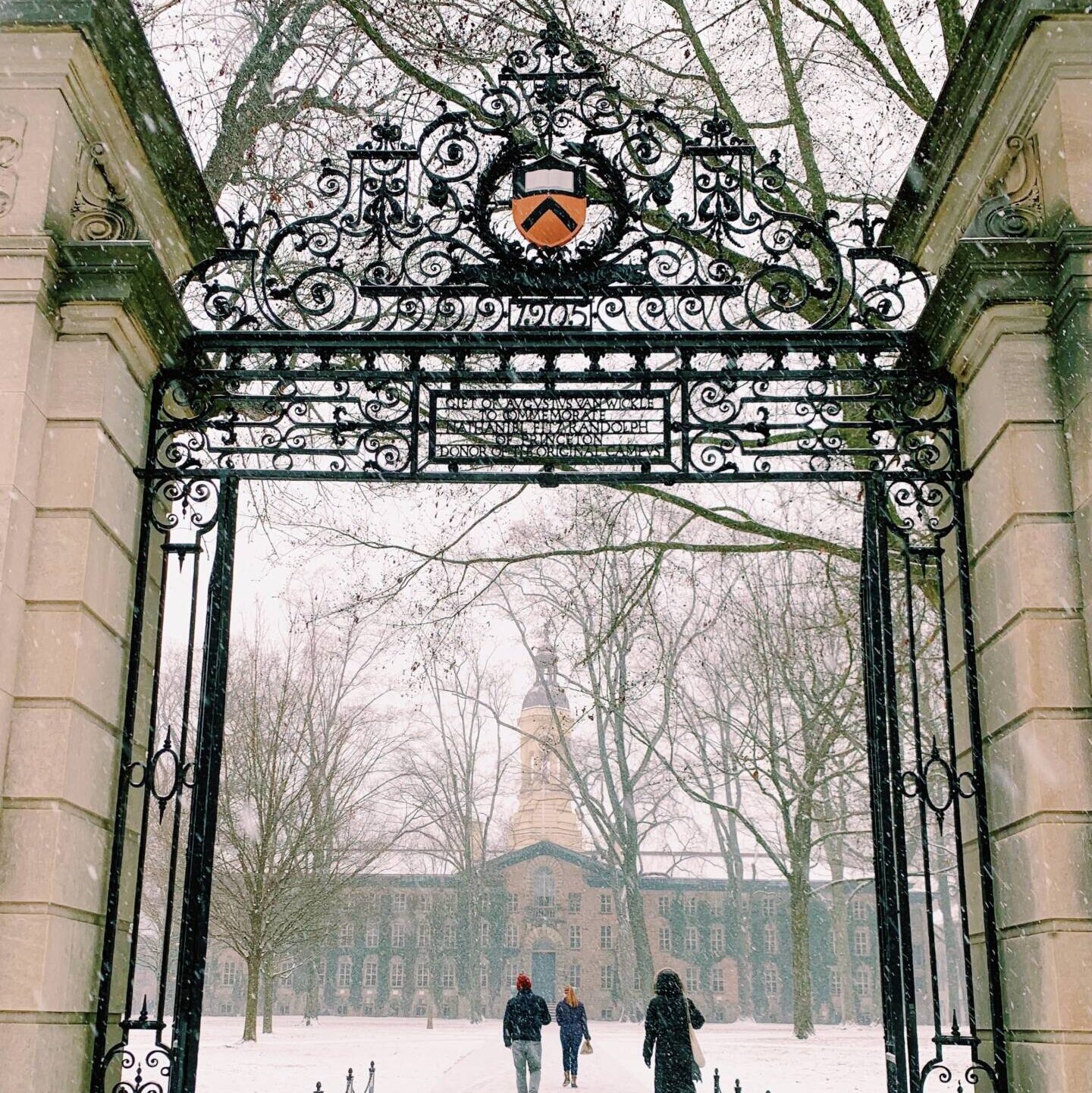With midterms being in full swing this week, you’ve most likely started reviewing concepts and studying for these exams. However, another crucial part of the preparation process is to readjust to the in-person exam experience. After a year and a half of taking exams virtually, it is important to recognize that exams in the classroom will look and feel very different, so don’t let that take you by surprise. Whether you are studying for midterms or want to start thinking about final exams, here are a few key tips when it comes to taking exams at Princeton in person:
Continue reading Back to the Classroom: How to Readjust to In-Person ExamsIt’s Midterm Season: 6 Tips for Success on Midterms
Midterms start this week. I know; I also had to read that twice because I could not believe it. Time is flying on campus and it has been amazing, but with everything going on it can be difficult to stay motivated and study for midterms. Nonetheless, I believe in myself and all of you reading this post! We will make it through midterms and we will succeed. Here are the tips and tricks that I am going to use to perform my best, and I hope that you can use them too:
Continue reading It’s Midterm Season: 6 Tips for Success on MidtermsMaking Use of Office Hours
With classes in full swing, I thought I would share my thoughts on what is a woefully underused resource at Princeton: office hours. Going to office hours has been an extremely valuable tool for me in completing problem sets, studying for tests and exams, and connecting with professors. So read ahead for some advice and observations I’ve made!

Getting Involved in Research Early
As I near the end of my first two years at Princeton, I thought that it would be useful to reflect on my time here so far, and how I prepared (or often did not prepare) myself to take advantage of research and internship opportunities. As I mentioned in my last post, one of the most useful parts of my internship search this year was talking with the preceptor of one of my classes, as I had the chance to learn from the experience of an older student. Here, I thought I might try and put my own advice into practice by flipping it around: while I cannot claim to have anywhere near the same experience of our graduate counterparts, I thought that my experience might still be useful to current and future first-year students. These are some of the pieces of advice from my time here.
Continue reading Getting Involved in Research EarlyOn “Choosing Sides” in an Academic Debate: The More Precise, the Better
An amusing remark on academics, itself attributed to several different academics, goes something like this: In academia, disputes take on such huge proportions precisely because the stakes of them are so small. Whether this observation is or is not true, I have found that its general sentiment is passed down to undergraduates, if inadvertently so. Of course, there are pedagogical reasons for instilling this impression; when we are learning about debates on a given subject within a discipline, it can help to read the most absolute positions on either side, if only to distill the terms of argument.
But the impression that such debate must necessarily be black and white, and must be of great intensity, can be daunting to accept as an undergraduate writer. Who am I, I wonder to myself, to so totally challenge the work of an established academic researcher? Even if I might disagree with their broader argument, have they not done far more research than I have? Relatedly, what if their research offers some quite usable background information– am I not just a little hypocritical to use it while arguing against the position it was intended to support? Or, what if I agree with smaller asides or observations by the researcher, but not the thrust of their whole argument? In a word, need the division be so absolute within the scholarly conversation?
Continue reading On “Choosing Sides” in an Academic Debate: The More Precise, the BetterSay Goodbye to FOMO: Making the Most of Your Virtual Experience at Princeton

It has been about a year since the world turned upside down and Princeton as we know it changed completely. Most students returned to campus this spring, hoping to feel a piece of what Princeton once was. However, many other students stayed home due to safety concerns, or because they knew Princeton wouldn’t be the same. Regardless of the decision, I know that many students, myself included, feel FOMO and like we are missing out on what our four years should have been, both intellectually and socially. However, there is a silver lining. There are ways to stay engaged academically wherever you are, conduct research, and make new connections. So without further ado, here are 6 ways to reduce your Princeton FOMO and make the most of this semester:
Continue reading Say Goodbye to FOMO: Making the Most of Your Virtual Experience at PrincetonA Quick Crash Course in Statistics: Part 2
Most people’s New Years Resolutions, I imagine, are not about improving their knowledge of statistics. But I would argue that a little bit of knowledge about statistics is both useful and interesting. As it turns out, our brains are constantly doing statistics – in reality, our conscious selves are the only ones out of the loop! Learning and using statistics can help with interpreting data, making formal conclusions about data, and understanding the limitations and qualifications of those conclusions.
In my last post, I explained a project in my PSY/NEU 338 course that lent itself well to statistical analysis. I walked through the process of collecting the data, using a Google Spreadsheet for computing statistics, and making sense of what a ‘p-value’ is. In this post, however, I walk through how I went about visualizing these results. Interpretation of data is often not complete before getting a chance to see it. Plus, images are much more conducive than a wall of text when it comes to sharing results with other people.
Continue reading A Quick Crash Course in Statistics: Part 2A Quick Crash Course in Statistics: Part 1
In PSY/NEU 338, From Animal Learning to Changing People’s Minds, my group recently presented our capstone project for the course: we researched irrationality, trying to understand when humans make irrational decisions, how that is implemented in the brain, and if certain things might actually be incorrectly labeled as ‘irrational’. Our emotions are a leading example: although some call them irrational, in practice, they play a key role in fine-tuning our decision-making and reasoning abilities. When you’re happy, for example, everything might be going more positively than expected. Your mood is thus encouraging you to continue the behaviors that led to those rewards, since that positive trend might continue (for a neuroscientific discussion of this topic, see this paper).
To demonstrate this phenomenon first-hand, we had students in the class play what is known as the Ultimatum Game:
You are the proposer. You have been given $100. You are tasked with splitting your money with a stranger, the responder. If the responder accepts the split that you propose, you both keep the money after the game ends. If the responder does not accept, no one keeps the money.
The question: how much money do you decide to offer the responder?
After reading this, students had five seconds to provide their answer. They were then asked to report their mood. The question we wanted to answer was simple:
Is the amount of money people offered statistically different between those who reported “positive” versus “negative” moods?
In this post, I’ll explain some of the basic statistics I used to formally answer this question, bolding some key terms in the field along the way. In my next post, I’ll walk through the programming aspect for visualizing those statistics.

Coming Back to Campus in January? A Look into a Hybrid Semester and its Challenges
Like most students at Princeton, I am really looking forward to next semester. Having taken into account the pandemic and the Princeton community’s well-being, the university is offering all undergraduates the option to return to campus, even though most classes will still largely be held online. Consequently, Spring 2021 will be the second time since the pandemic began where we can experience a different side of Princeton – a hybrid semester, where there will be a mix of in-person and virtual classes. A hybrid semester presents a lot of opportunities to enhance the educational experience from a fully virtual semester like the one we had this fall. Next semester, I am looking forward to the small things — like seeing more students outside of classes and interacting with them as guidelines allow. However, it is likely that there will be new and old challenges for students on and off-campus. Although it is difficult to predict exactly how the semester will unfold, I outline three challenges that stand out to me, so that we can prepare for them beforehand.
Continue reading Coming Back to Campus in January? A Look into a Hybrid Semester and its ChallengesAn Interview with Haider Abbas ’17: How to Make an Impactful Senior Thesis

Haider Abbas ‘17 is a Princeton alumni who recently published his inspirational senior thesis which he created while in the Princeton School of Public and International Affairs. Many Princeton seniors are now beginning to dive deeper into their theses, therefore I think that hearing from Abbas would be very helpful. Thankfully, a few weeks ago, I was able to interview Abbas and he offered key insight into why he chose his thesis topic, how he was able to produce his thesis, and most significantly the impact that his thesis will have beyond his years at Princeton. I hope that you can learn from his experience and develop a thesis that you feel passionate about!
This interview has been edited for length and clarity.
Continue reading An Interview with Haider Abbas ’17: How to Make an Impactful Senior Thesis


